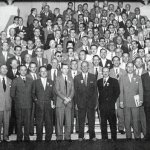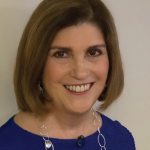To measure disparities, AFLAR sent questionnaires to five of its member countries: South Africa, Nigeria, Algeria, Kenya and Ghana. Programs ranged from nine years of post-medical degree specialty training in South Africa to three years of specialty training in Ghana. In both Ghana and Kenya, physicians are sent to other countries for rheumatology training.
Training modalities and assessments differ widely across Africa, said Dr. Adelowo. Many trainees use the EULAR online course, as well as self-learning, logbooks, journal clubs and traditional lectures. In Nigeria, trainees must write a dissertation, and complete oral and multiple-choice exams. In South Africa, no dissertation is required, but trainees pass a written examination.
“What are our challenges? We need to know what to emphasize in the training of our rheumatologists,” he said. In current programs to train rheumatologists in Africa, it is possible “that we would sacrifice quality for quantity, because we need more generalists in our hospitals and private practices to manage our patients.”
Susan Bernstein is a freelance journalist based in Atlanta.
Reference
- Sivera F, Ramiro S, Cikes N, et al. Differences and similarities in rheumatology specialty training progammes across European countries. Ann Rheum Dis. 2016 Dec;74(6):314.


